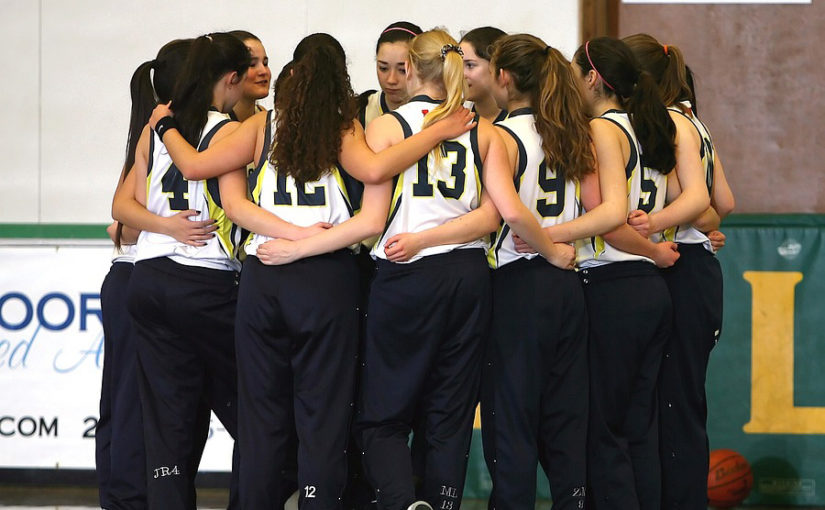Athletic directors can learn from Rutgers’ carelessness
My father always considered himself quite the handyman, taking it upon himself to tackle various projects around our home while I was growing up.
I remember a shirt he wore printed with the words, “Do it once. Do it right.” I enjoyed the irony because his projects rarely concluded without some degree of error.

Rice’s actions were deplorable, but what’s worse is the university’s administration watched the tape and determined they weren’t severe enough to cost Rice his job. Only after public outrage did the university go back on that decision.
Rutgers did not do it once. Rutgers did not do it right.
We don’t have all the details, but imagine for a moment how this played out behind closed doors. Whether it was Pernetti or university president Robert Barchi, someone watched video of Rice grabbing and shoving players during practice. Someone watched him rifling balls at players’ feet and heads. Someone watched him use homophobic slurs and abusive language. And in the end, someone said, “That’s not that bad.”
I’ve pictured that scenario and I cannot for the life of me determine how someone reaches that conclusion. The footage was a portrait of a weak man who appeared to compensate for his shortcomings as a coach with intimidation and rage. If you’re not talented enough to motivate and teach your athletes in an acceptable manner, then it’s time to find a new career.
I’m not saying coaches shouldn’t be tough and players should be coddled. Coaches are teachers and lessons are occasionally served with strict instruction and discipline. But knowing where that line is and not crossing it is part of the job.
Pernetti’s situation is different because we don’t know where he stood. He publicly defended keeping Rice employed but after resigning, reports surfaced that he wanted Rice fired and the administration wouldn’t allow it.
This teaches us the value in evaluating your own department and considering how you would handle such a situationsomething Rutgers clearly didn’t do. The fact that the university didn’t get it right the first time shows a level of incompetence that will reflect on the athletic department for the foreseeable future.
Consider how well you know your staff. Create a strategy for dealing with difficult situations, and assemble a team to discuss options and potential ramifications.
I had the opportunity to speak with several sports attorneys and get their input on the Rutgers ordeal. Robert E. Wallace, Jr., a St. Louis attorney who has worked with college and professional teams, put it best by saying athletic directors simply must use common sense. Upon witnessing Rice’s behavior, a reasonable person should understand it has no place in college athletics, he says.
What made matters worse is the lack of transparency. Wallace says had Rutgers been more open about Rice’s actions, there wouldn’t be the perception of a cover-up once the public saw for itself. Penn State paid for that mistake and Rutgers will too.
You may get second chances, but they don’t come without consequence.
Do it once. Do it right.





